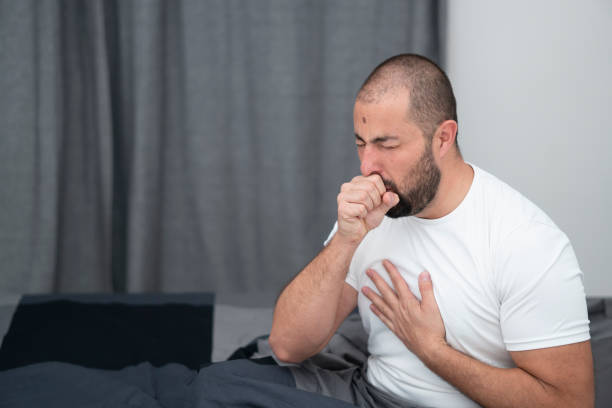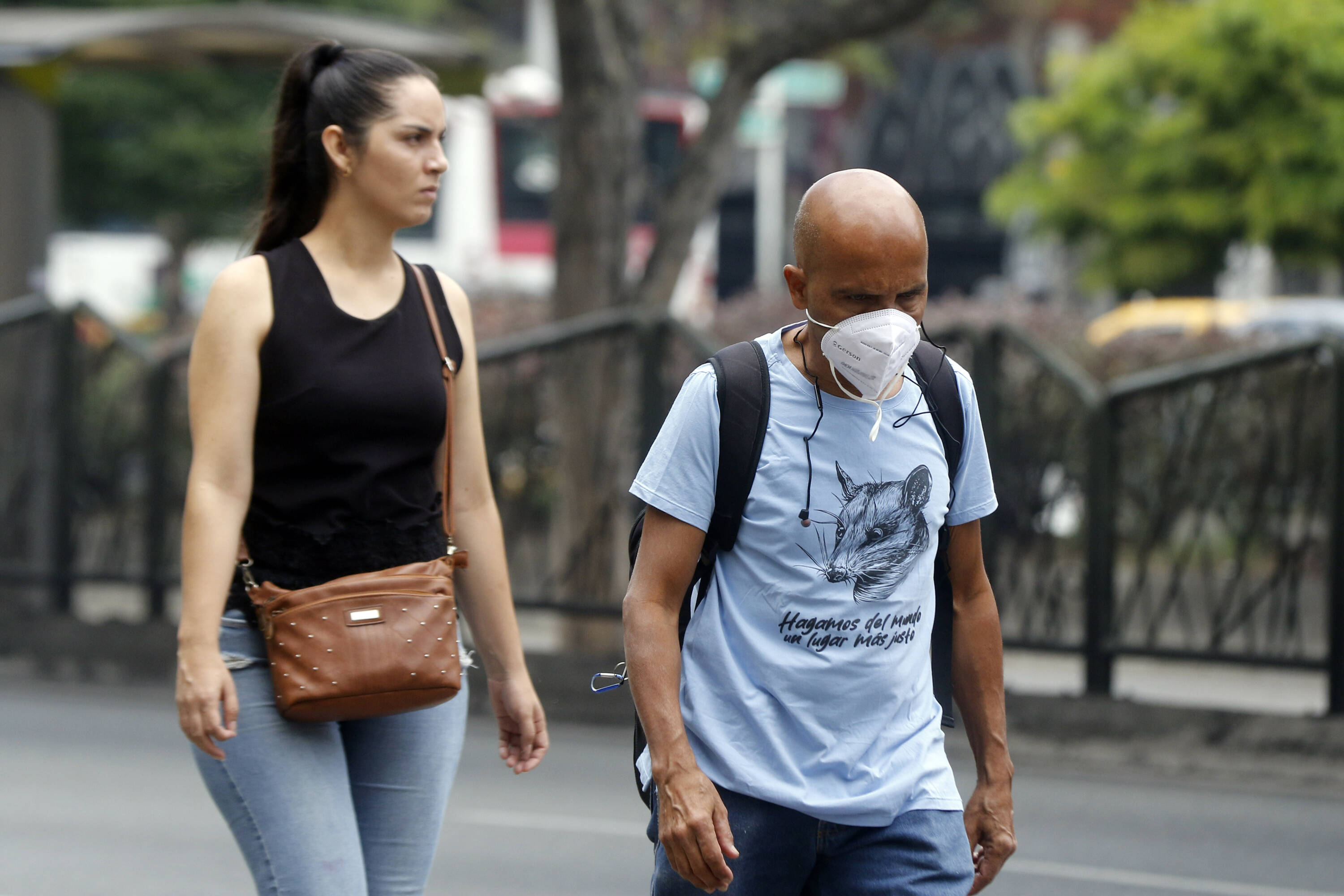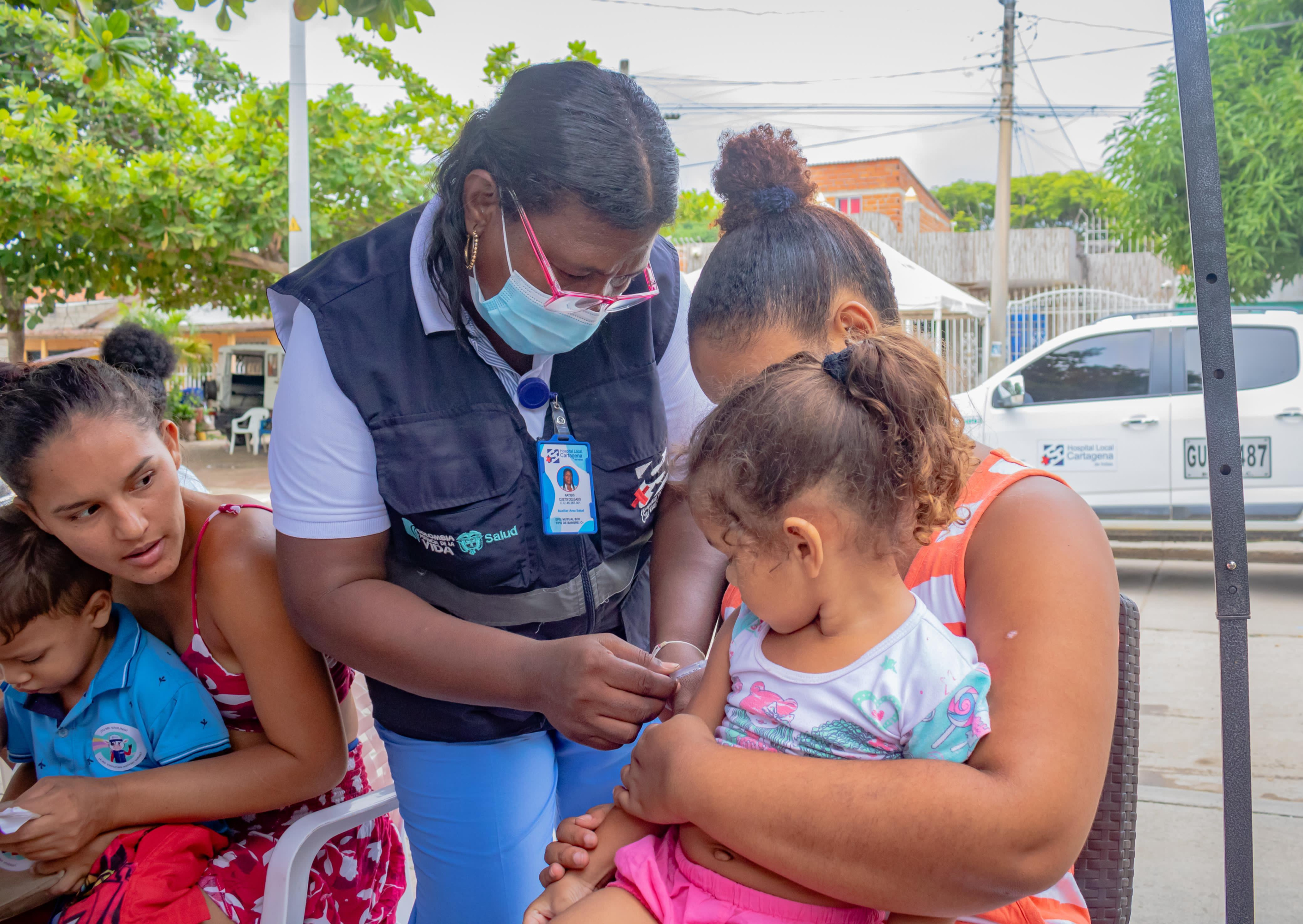How to tell if your cough is due to a bacterial infection: These are the key warning signs and how to prevent it, according to an expert.

The influenza virus originates and evolves through a constant process of mutation and adaptation that allows it to evade the human immune system . This phenomenon occurs primarily through two key mechanisms: antigenic drift and antigenic shift. Low temperatures and sudden changes in climate play an important role in this viral impact , according to the World Health Organization (WHO) and the Centers for Disease Control and Prevention (CDC).
However, after the pandemic generated by the covid-19 virus, thousands of people around the world have suffered from different cough symptoms. This pathology, according to July Torres González , a doctor and epidemiologist at the Universidad del Rosario and an internist and pulmonologist at the Universidad Javeriana, particularly lasts approximately between 7 and 10 days " with a maximum period of 21 days in which one expects it to reach the maximum peak of the infection", and also for the symptoms to decrease, that is, for one to not become contagious and for the symptoms to resolve ".

A persistent cough shouldn't be normalized. Photo: iStock
According to data from the National Institute of Health's Weekly Epidemiological Bulletin, as of June 14, 2025, a total of 2,882 possible cases of whooping cough were reported nationwide. Of these, 14%, equivalent to 404 cases (403 from Colombia and one case from abroad), were confirmed; 68.1% (1,963 cases) were ruled out; and 17.9% (515 cases) were investigated.
These virus variants, "which, among other things, mutate very frequently, are causing persistent symptoms. Before, we knew that a cough and the flu would resolve in 21 days ." Despite this, Dr. Torres emphasizes that today she sees "patients who have a persistent cough for two to three months due to a viral infection."
Today, medicine conducts various studies to determine information that leads to knowing what virus is circulating in the environment. This is how healthcare professional July Torres explained: "Where do we get this information? Basically, the viral panels that have been taken from patients who have been in the ICU because normally, one doesn't do viral panels to know what virus is circulating. Only those who get sick, well, one does this type of tests that are molecular biology."

Cough medicines only offer temporary relief, but don't treat the underlying cause. Photo: iStock
We still have H1N1 circulating periodically.
According to Torres, who works at the Mederi clinic in Bogotá, the duration of the cough could change due to the emergence of new virus variants: "It will surely change over time due to the new variants, but classically an acute cough is one that lasts less than 2 weeks or less than 4 weeks maximum , that is, the duration of a normal flu which is between 21 days and 1 month. It is subacute when it is a period between 4 weeks and 8 weeks , that is, 2 months. And if the cough lasts more than 2 months, it is already a chronic cough."
Similarly, an infection can leave the airways so sensitive that they overreact to common irritants that weren't bothersome before: "So when you get an infection from these viruses, the mucosa of the airways, that is, from the nose to the bronchi, undergoes an inflammatory process in which substances are basically released that can alter , first, the quantity and quality of the mucus that is produced," Torres explained.
How can you tell if you have a bacterial infection or bacterial pneumonia? The doctor noted that it can be determined through X-ray images, "but clinically it would be because there is a decrease in saturation, increased difficulty breathing, sweating, tachycardia, increased respiratory rate, and fever."
What are the best practices for cough relief at home, for both adults and children? 
Wearing a face mask helps prevent respiratory infections. Photo: Jaiver Nieto Álvarez /ETCE
"Avoid exposure to elements that I know can cause pruritic hyperreactivity . What are those? So, sudden changes in climate, exposure to cold, exposure to allergens , air conditioning in offices (...) Try to wear a face mask or keep your airway protected. They should wear a face mask and wash their hands frequently," Torres explained.
To prevent this respiratory infection, the doctor recommends a good "diet, as it is vital because the consumption of proteins and vegetables basically meets the needs of microelements or micronutrients that your immune system relies on to form antibodies, to stimulate defense cells and so on (...) We need good basic nutrition. We need to eat meats, milk, eggs, cheeses, which are what give rise to the synthesis of vitamin D in the intestine."

Whooping cough cases in Cartagena. Photo: Cartagena City Hall
" A spirometry and a chest X-ray to evaluate for pneumonia. For the upper airway, well, just a physical exam . And for reflux, well, there are several things. There's also an endoscopy exam," the doctor concluded.
LATEST NEWS EDITORIAL
eltiempo




